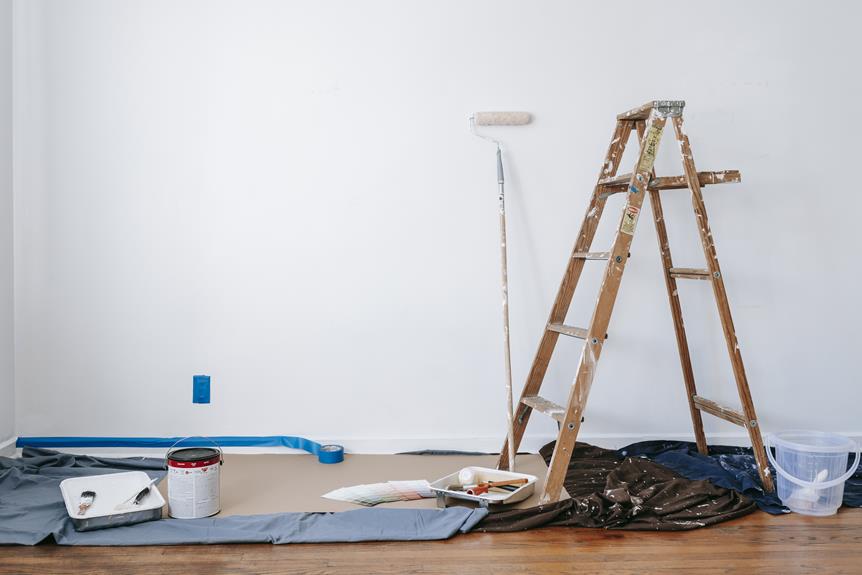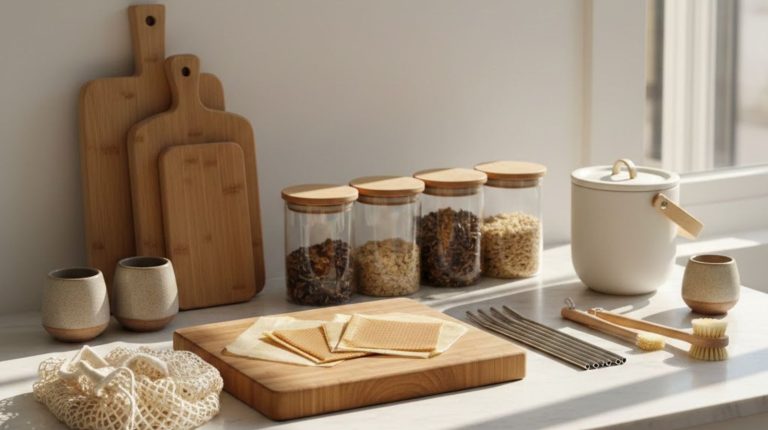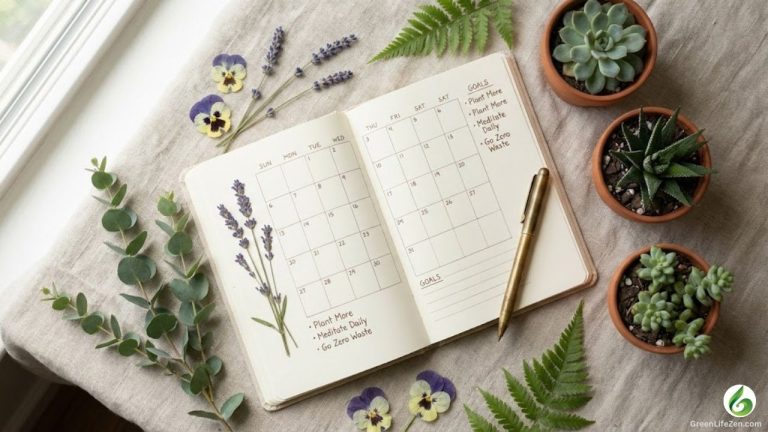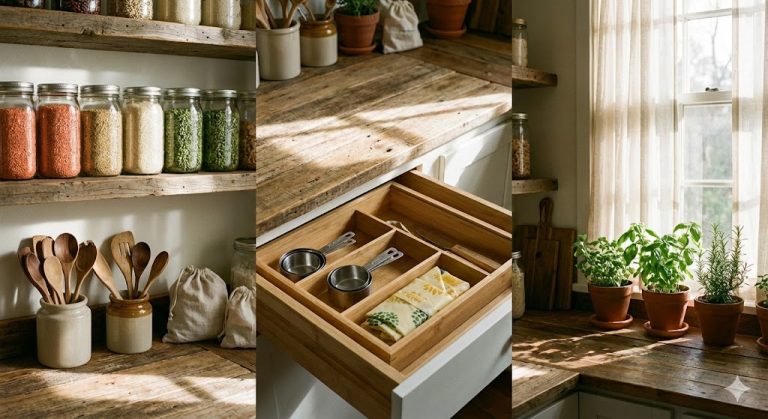Want to make a difference in the environment and improve your home? Discover the secrets of master composting! In this article, we’ll reveal how you can create an eco-friendly haven right in your backyard. From choosing the right composting materials to troubleshooting your compost, we’ll guide you through the process step by step.
By the end, you’ll be able to utilize nutrient-rich compost in your garden and yard, creating a greener and more beautiful space you can truly belong to.
Benefits of Composting at Home
Start reaping the benefits of home composting today!
Composting at home not only reduces waste but also provides numerous benefits for both your garden and the environment.
One of the main advantages of composting is that it helps reduce the amount of organic waste that ends up in landfills, thereby reducing greenhouse gas emissions.
By composting, you can also create nutrient-rich soil that improves plant growth and fertility. Additionally, composting can save you money by reducing the need for chemical fertilizers and pesticides.
There are several composting methods you can choose from, including traditional composting, vermicomposting with worms, and bokashi composting.
Regardless of the method you choose, the benefits of composting are clear: healthier plants, improved soil quality, and a smaller ecological footprint.
Types of Composting Systems
There are various types of composting systems that you can choose from to effectively manage your organic waste at home. Here are five options to consider:
- Aerobic Composting: This method involves creating piles or bins where oxygen can circulate freely. It requires turning the compost regularly to provide aeration and speed up the decomposition process.
- Vermiculture Composting: Vermiculture composting utilizes worms to break down organic waste. Worms consume the waste and produce nutrient-rich castings, also known as vermicompost. This method is great for smaller spaces and produces high-quality compost.
- Tumbler Composting: Tumbler composters are containers that can be rotated, allowing for easy mixing and aeration. This system is ideal for those with limited mobility or space, as it requires less manual labor compared to other methods.
- Bokashi Composting: Bokashi composting is an anaerobic process that uses beneficial microorganisms to ferment organic waste. This method can handle a wide range of materials, including meat and dairy products.
- Composting with Worm Bins: Worm bins are containers specifically designed for vermicomposting. They provide a controlled environment for worms to thrive and break down organic waste efficiently.
Choose the composting system that suits your needs and space constraints to start turning your organic waste into nutrient-rich compost for your garden.
Choosing the Right Composting Materials
To choose the right composting materials, gather a variety of organic waste such as fruit and vegetable scraps, yard trimmings, and coffee grounds. These materials provide the necessary nutrients and organic matter for successful composting.
Avoid using meat, dairy products, and oily foods as they can attract pests and slow down the composting process.
It’s important to balance the carbon-rich ‘browns’ (like dry leaves or straw) with the nitrogen-rich ‘greens’ (like grass clippings or kitchen scraps) to maintain the ideal carbon-to-nitrogen ratio for decomposition.
Chop or shred larger materials to speed up the decomposition process. Remember to turn the pile regularly to aerate it and promote faster breakdown.
To contain the compost, consider using composting bins or tumblers, which help control moisture and temperature, speeding up the composting process.
With the right materials and techniques, you can create nutrient-rich compost for your garden while reducing waste.
Maintaining and Troubleshooting Your Compost
To ensure the success of your compost, regularly monitor and adjust the moisture and temperature levels. Maintaining the ideal conditions is crucial for optimizing the composting process. Here are some troubleshooting tips to help you overcome common issues:
- Moisture: Check the moisture content regularly. If the compost feels too dry, add water in small increments. Conversely, if it feels too wet and smells unpleasant, add dry materials like leaves or shredded newspaper.
- Temperature: Monitor the temperature to ensure it stays within the optimal range of 120-160°F. If it becomes too hot, turn the pile to introduce oxygen and cool it down. If it’s too cold, add more nitrogen-rich materials and turn the pile more frequently.
- Odor: A foul smell indicates an imbalance in the compost. Adjust the carbon-to-nitrogen ratio by adding more dry materials and turning the pile regularly.
- Pests: If pests like flies or rodents become an issue, cover the compost with a layer of straw or cardboard to deter them.
- Slow decomposition: If the compost is taking longer than expected to decompose, ensure you have a balanced mix of carbon and nitrogen materials. Turn the pile regularly to aerate it and promote decomposition.
Utilizing Compost in Your Garden and Yard
Once you have successfully maintained and troubleshooted your compost, it’s time to utilize the nutrient-rich compost in your garden and yard.
One effective way to use compost is by making compost tea. Simply mix compost with water and let it steep for a few days. The resulting liquid can be used as a natural fertilizer for your plants, providing them with essential nutrients.
Another useful technique is vermicomposting, which involves using worms to break down organic materials into rich, dark compost. You can create a worm bin in your yard or even indoors. Just add your kitchen scraps and yard waste to the bin, along with the worms, and let them do their magic.
The worms will produce nutrient-rich castings that can be used to improve the soil in your garden and yard.
Conclusion
In conclusion, mastering the art of composting is like having a secret weapon for eco-friendly home improvement. It’s like a magic potion that transforms waste into nutrient-rich soil, benefiting both your garden and the environment.
With the right composting system, materials, and maintenance, you can create a sustainable cycle of nourishment for your plants and yard.
So start composting today and watch your garden flourish like never before!




